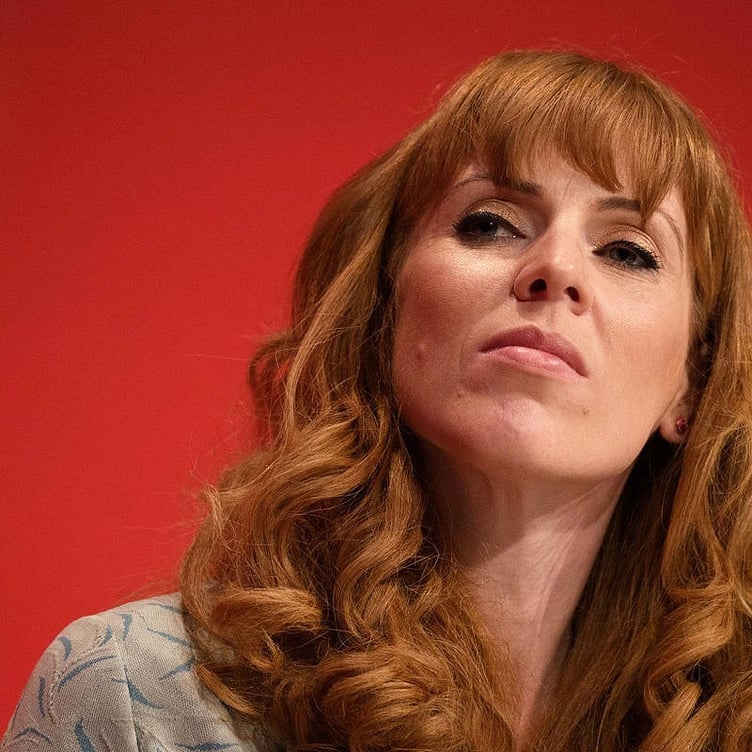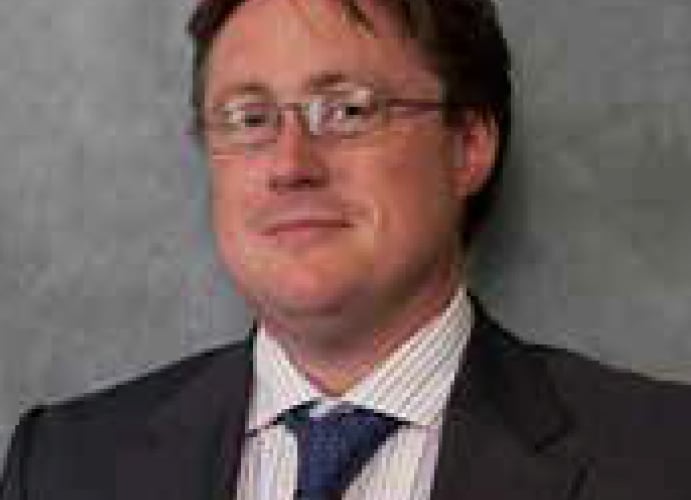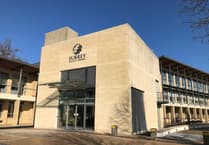Deputy prime minister Angela Rayner has announced six new potential devolution areas, namely Hampshire and Solent, Cumbria, Cheshire and Warrington, Greater Essex, Norfolk and Suffolk, and Sussex and Brighton.
However, what is devolution, what does it mean for the region and why have May’s county elections been postponed?

Here is everything you need to know about it.
Local government in Hampshire
Hampshire currently operates under a two-tier system alongside unitary authorities.
The two-tier system includes Hampshire County Council as the upper-tier authority and district and borough councils, such as East Hampshire, Fareham, and Havant, as the second tier.
Each tier has distinct responsibilities. The county council manages services like roads, transport, adult social care, and children’s services whereas district and borough councils handle housing, planning, and waste collection.
Unitary authorities, such as Portsmouth and Southampton city councils, oversee all local services.
In some areas of Hampshire, there is a third tier of parish councils. These bodies provide a voice for communities and help address local issues, and some are responsible for certain areas such as village greens and war memorials.
What is devolution?
Devolution involves transferring powers from Westminster to Hampshire and the Solent region, alongside additional funding and investment.
This shift will enable local authorities to make decisions and manage services directly affecting their communities.
It can include powers over transport, housing, education, healthcare, and local economic development.
The Government plans to consult with Hampshire residents very soon to gather people’s input and feedback on the prospect of devolution for the area.
What is the Devolution Priority Programme (DPP)?
Better known as the ‘fast track’ programme, it is the Government’s tool to expedite devolution in the country, widen devolution and transform areas into mayor-led strategic authorities being in place in May 2026.
Hampshire and the Solent fast-tracked
With the Government’s announcement, six areas have been given the green light to the priority programme.
Among them are Hampshire and its partners, Southampton City Council, Portsmouth City Council and the Isle of Wight Council.
As part of devolution, a mayor would be elected in the spring of 2026 to head up a new combined authority across the wider region.
The mayor would work with local council leaders to decide how to allocate regional funding.
The combined authority aims to enable a group of two or more councils to collaborate and take collective decisions across council boundaries.
They cover issues that require strategic oversight of the entire region and have responsibilities, and funding, to deliver economic development, strategic planning and transport, adult education, local growth plans and other functions.
In mayoral strategic authorities, mayors will have significant powers over housing and planning, including the ability to develop and propose the spatial development strategy for their areas, working alongside other members of the strategic authority.
Postponement of May’s election
Since the region has been included in the Devolution Priority Programme, the Government has also determined that the county council’s elections, originally scheduled for May this year, should be postponed for one year due to plans for the reorganisation of local government in England, and allow for a mayor to be elected in 2026.
Angela Rayner told the Commons: “I am only agreeing to half of the requests that were made. After careful consideration, I’ve only agreed to postpone elections in places where this is central to our manifesto promise to deliver devolution.
“We’re not in the business of holding elections to bodies that won’t exist and where we don’t know what will replace them. This would be an expensive and irresponsible waste of taxpayers’ money, and any party calling for these elections to go ahead must explain how this waste would be justifiable.”
Any by-elections, if required, would continue to go ahead as normal.
Reorganisation would then be expected to be in place by either April 2027 or April 2028.
Local government reorganisation
Additionally, the Secretary of State has confirmed that Hampshire will be formally invited to submit proposals for local government reorganisation.
The reorganisation aims to replace the current two-tier council system with new unitary (all-purpose) councils, simplifying how councils are organised and run.
Response and criticism

Leaders of Hampshire, Southampton, Portsmouth and the Isle of Wight welcomed the announcement.
Hampshire county council leader Nick Adams-King said the fast-track programme is a “fantastic” opportunity to “self-determine and shape devolution proposals in the best interests of our residents and communities”.
Cllr Richard Millard, leader of East Hampshire District Council, said: “I am 100 percent focused on the residents and businesses of East Hampshire.
“So I will work with other councils to ensure that we get the best possible outcome for them. My discussions will focus entirely on our residents and our businesses.
“Taking the fast-track approach to devolution makes sense because we want this transition to be as quick as possible so we can set up the new structures at pace and get on with delivering top quality services for our residents.

“Our officers are also a priority for us and they are some of the very best in the country with huge experience, skills and knowledge and we will work with them so that they are in the prime position for roles in the new unitaries.
“We will be taking time to understand the next steps following this fast-track announcement and what this will mean for us. We will of course keep residents regularly updated on what happens next.”
Lorna Fielker, leader of Southampton City Council, also indicated that devolution will bring “enormous benefits for the residents of Southampton and the wider region” and that being included in the priority program is a “major step forward”.

Portsmouth South’s Labour MP Stephen Morgan called the devolution decision a “momentous day for our city”.
Phil Jordan, leader of the Isle of Wight Council, in line with his partners, said devolution “would shift more of these policy-making powers and additional funding to local authorities such as the Isle of Wight Council”.
“This change is expected to provide greater local control over vital areas such as major transport infrastructure, and health services, giving residents more power to shape the things that are important to them and ensuring robust local accountability,” he added.

However, the decision to postpone elections was not welcomed by the MP for Eastleigh, Liz Jarvis, who said cancelling this year’s elections was “a disgraceful stitch-up between Labour and the Conservatives”.
She added that voters “will be denied the chance to kick them out in May”.
What next?
The Government will invite all two-tier areas to develop proposals for reorganisation and launch consultations in DPP areas to allow local residents and stakeholders to provide views on the proposals to create new mayoral combined authorities or combined county authorities.
The consultations will run for approximately eight weeks.
For areas where elections have been postponed, the Government will work in partnership to move them to new ‘shadow’ unitary councils as soon as possible.
For Devolution Priority Programme areas, regions have to submit their proposals by September 2025, with mayoral elections in 2026 and shadow unitary elections in 2027.




